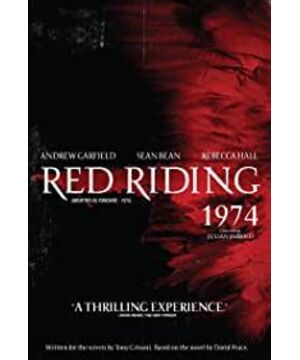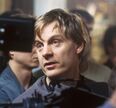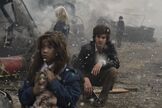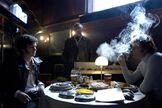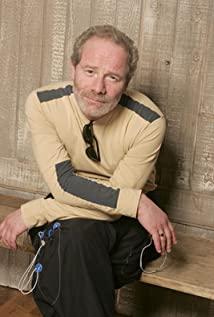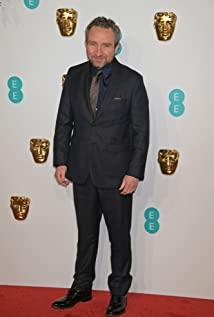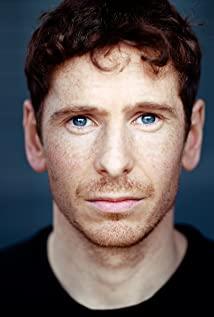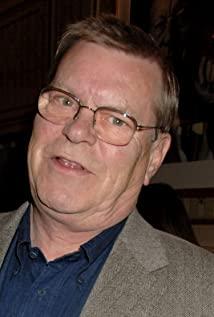Although the three sets of works are directed by different directors, the styles are unified. The director of the first episode "1974" is Julian Jarrold, who has filmed "After the Storm" and "The Diary of an Austin Girl", and the director of "1980" is the director of "The Man Who Steps on the Steel Line", the Oscar winner for best documentary. James Marsh, and the finale was completed by "Court Day" director Anand Tucker.
The novel and film are based on the "Yorkshire Ripper" that ravaged the United Kingdom in the 1970s and 1980s, and use the hands of three different characters to uncover a network of intertwined interests composed of police, real estate developers, media and churches. . The film does not deliberately provocative, nor does it create a series of climaxes, but it is like using a mallet to slowly hit the nails in the audience's heart, the pace is depressing and gloomy.
The first episode "1974" is relatively exciting, and it is also the most important episode in the series, laying a lot of foreshadowing for the next two episodes. The episode features aspiring crime reporter Eddie (played by Eduardo's Andrew Garfield) as he takes on the story of the missing (made-up) Yorkshire girl and learns that the police, the media and real estate developers have hidden Human deeds (the gypsies have indeed been driven out in the UK), and the perversions of John Dawson, the construction tycoon.
This episode deliberately adjusted the tone to dark yellow, which is very compatible with the dark content in the film. The protagonist played well without overdoing it, and Sean Bean, who played a construction tycoon and played a lot of villains, also brought the characters to his hands, which is another highlight of the film. The film deliberately avoids sensory stimulation, and does not deliberately make sharp editing, and the drama slowly seeps out. Whether it is the arrangement of the plot or the destruction of the characters, it is very successful.
The sequel "1980" is the darkest episode. In addition to this episode involving police infighting and police detectives killing each other, the movie touches on the real case "Yorkshire Ripper". The case caused a lot of uproar that year. The murderer, Peter Sutcliffe, killed a total of 13 women. He was arrested in 1981 and sentenced to life imprisonment.
The protagonist of the film goes from a reporter outside the system to a deputy police chief inside the system. This episode has the shadow of "Suspect Behind the Scenes", but it is more bleak than the latter. The first half of the film is slower than the previous episode, and the last twenty Minutes collapsed like dominoes, pushing the audience into the abyss of despair. The performance of the actors in this film is mediocre but not as dazzling as the previous episode. Instead, the director's handling is worse than the previous episode.
In the end, a lawyer is the protagonist, dismantling all the mysteries left over from the last two episodes, and also criticizing the church faintly. Compared with the previous two episodes, this episode is actually pale. Since the first two episodes have laid a lot of foreshadowing, as the finale, it is natural to explain the painting for the audience, but the director seems to be unable to control it. The film is interspersed with a lot of flashbacks, and the rhythm is also a bit strange. Going to the middle and later stages to create a climax, it is slightly procrastinated. The movie is also not as dark as the first two episodes, but the final victory of justice is the same as the first two episodes.
Although I feel that the third episode is a bit eclipsed in the series, but all in all, the three plays are works with excellent techniques, especially the character setting and handling even have the shadow of film noir. Even though the protagonists of the trilogy have different occupations, there are those who pay attention to hard-core detective novels or watch noir movies. They must all be like private detectives who stick to principles, are well-trained, and are not afraid of confronting the system.
In fact, "The Red Riding Trilogy" is not unpopular. If a studious buys it, and dares not be afraid to offend the real estate developers and the government, there is a way of making fun of them in publicity, which makes the film attract attention. It is not difficult.
This strange-case mega-structure is really a legacy from last year.
View more about Red Riding: The Year of Our Lord 1974 reviews


